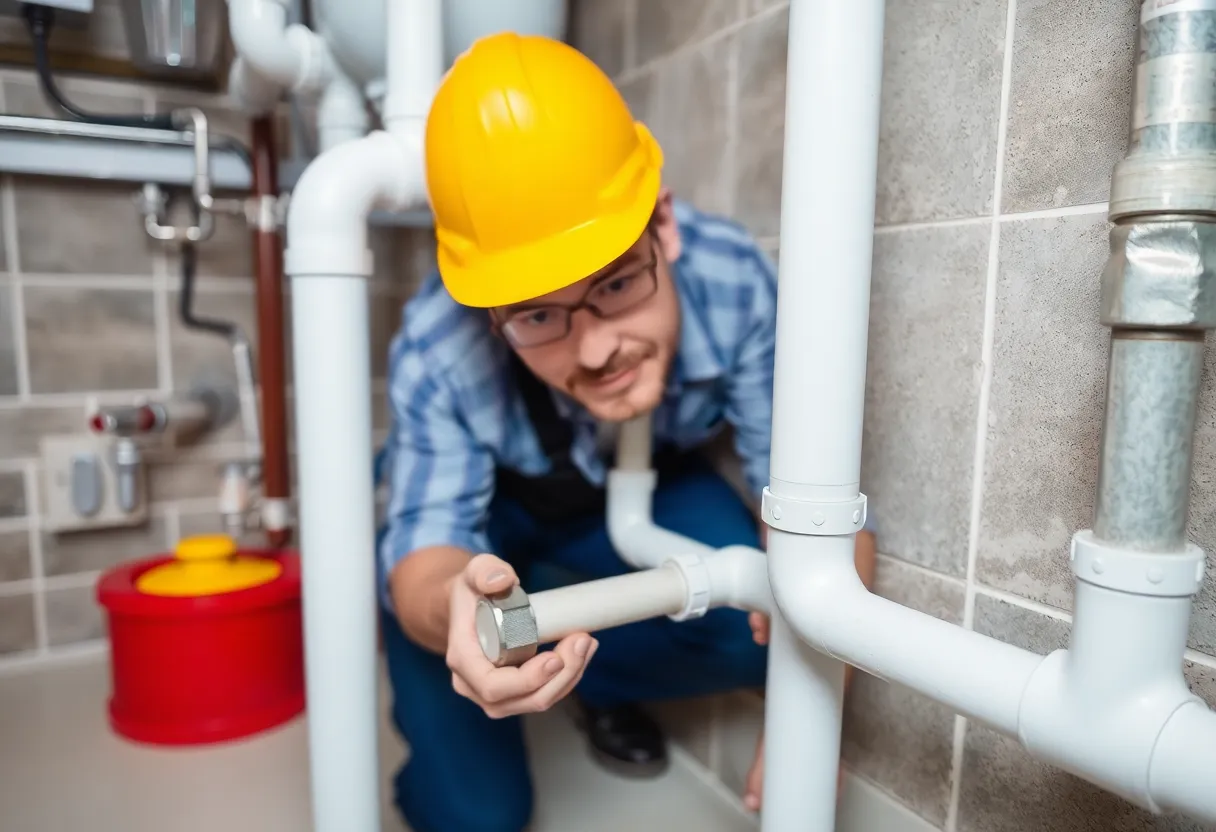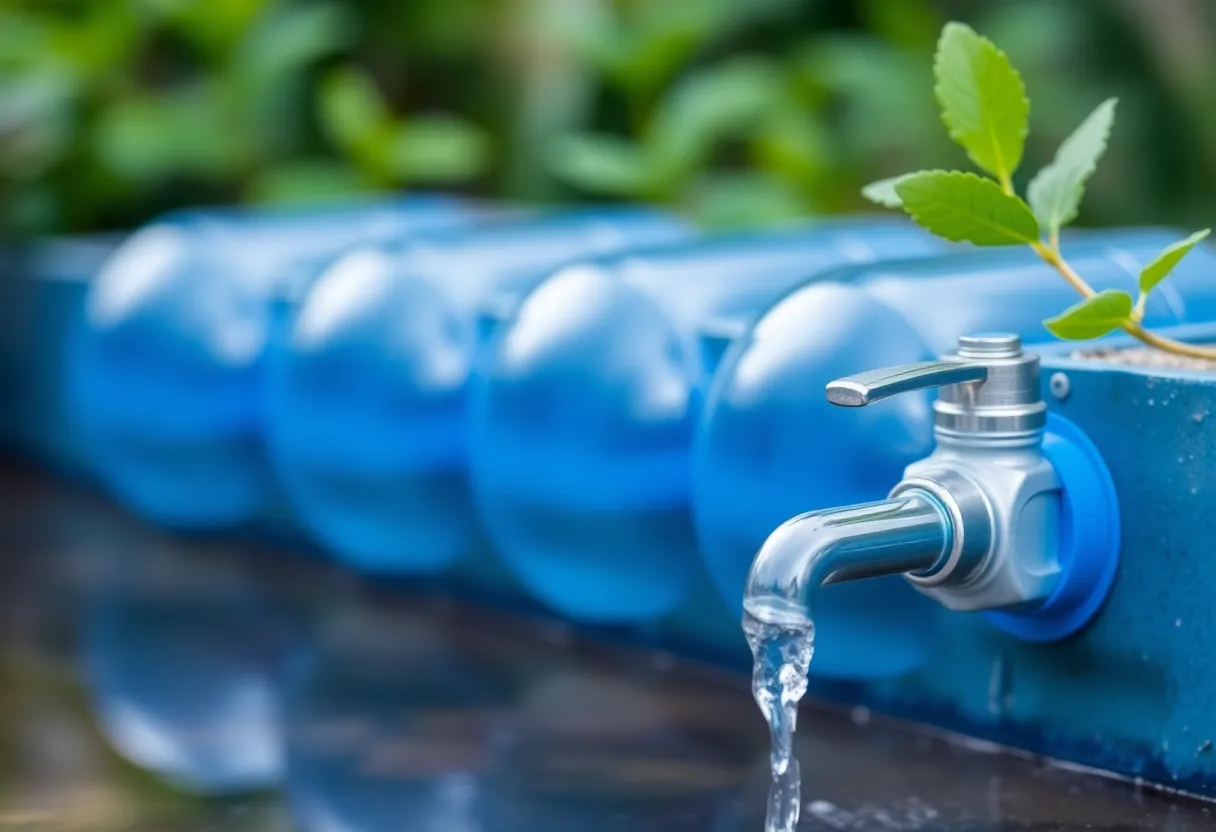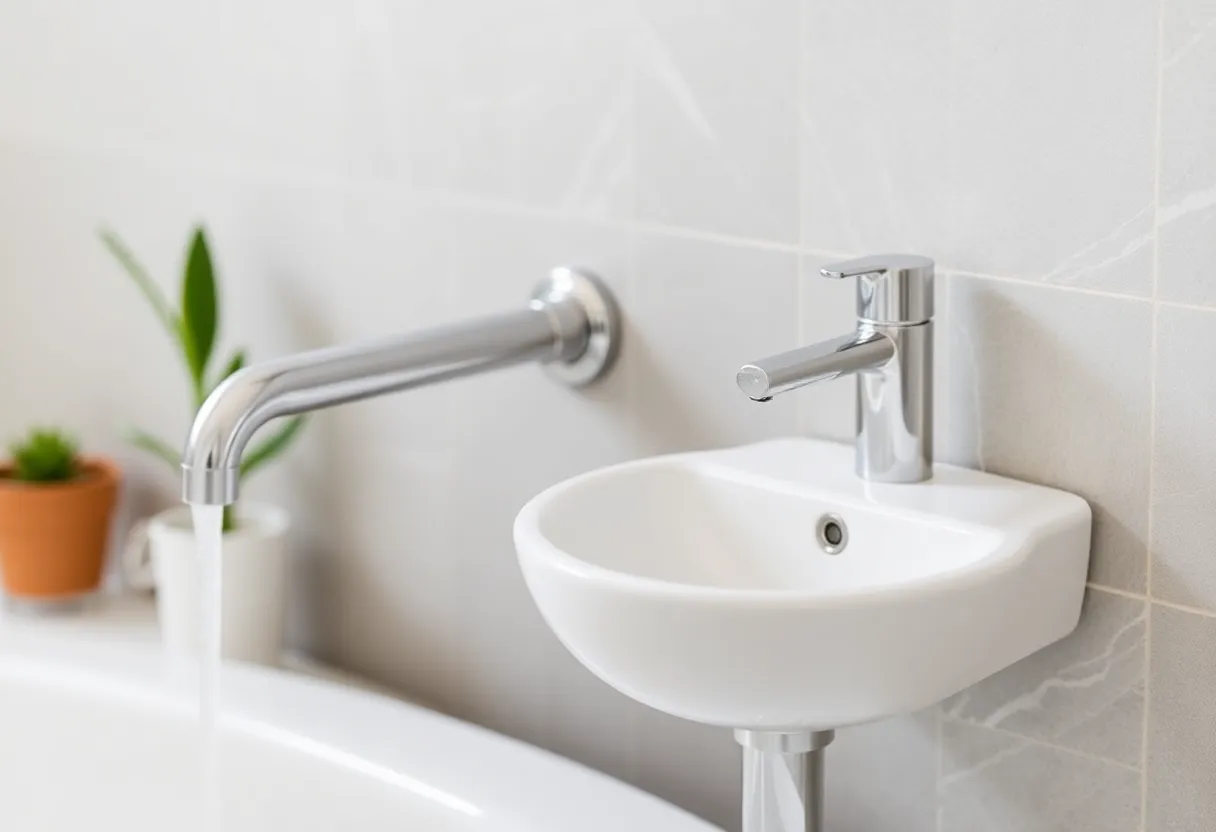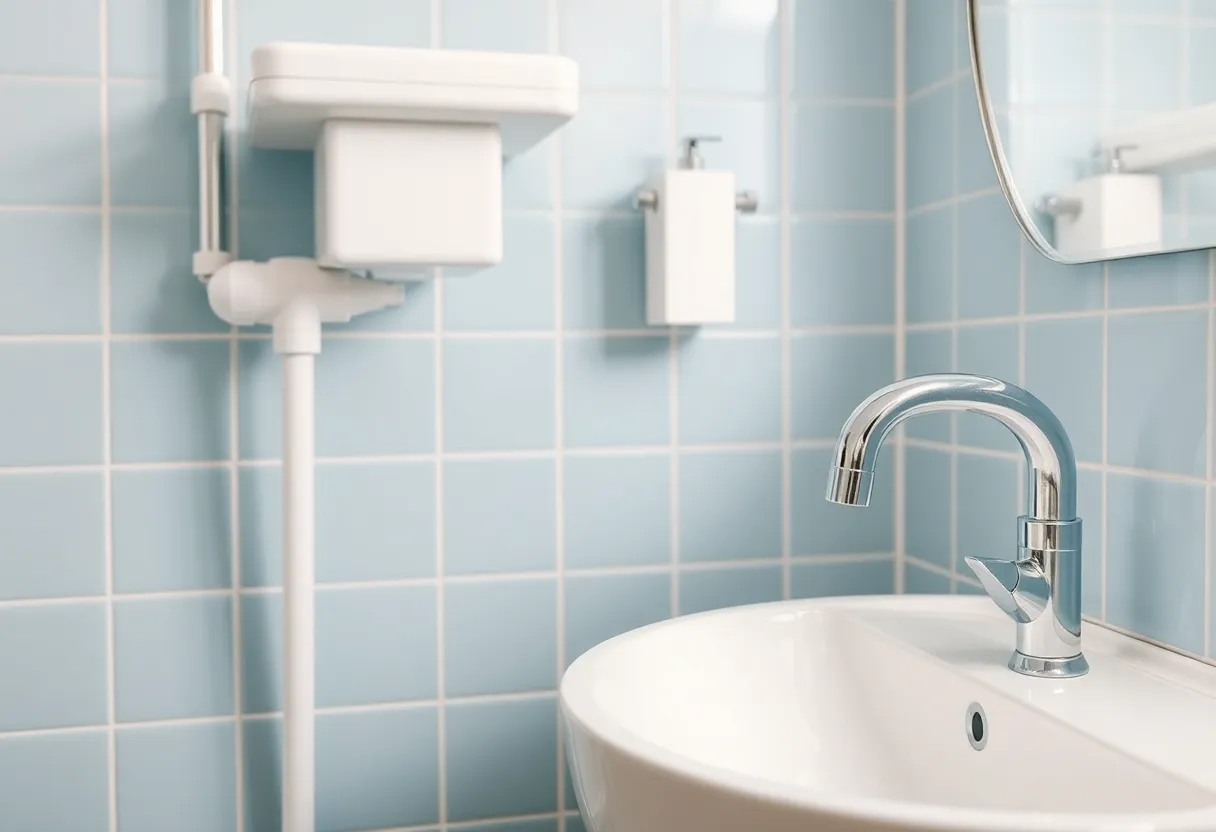The Plumbing Dilemma: 9 Hidden Issues in Your Home’s Water System You Didn’t See Coming
When it comes to our homes, we often focus on visible flaws like peeling paint or a cracked driveway. However, what lurks beneath the surface can significantly impact our daily lives and even our health. One of the most complex systems in any home is the plumbing system, and it can harbor numerous unseen problems. In this article, we will explore the _nine hidden issues_ in your home’s water system that you might not have seen coming. Let’s shed light on this often-overlooked aspect of home maintenance.
1. Hidden Leaks
Leaks can occur in various parts of your plumbing system and often go unnoticed until they cause significant damage. These leaks can happen in the walls, under the floors, or around appliances. A _hidden leak_ may lead to mold growth, structural issues, and even increased water bills.
Why You Need to Detect Leaks Early
Detecting leaks early can save you money and prevent property damage. Some signs to look out for include:
- Unexplained spikes in your water bill
- Water stains on walls or ceilings
- Musty smells typical of mold growth
- Soft or sagging areas in ceilings
2. Corroded Pipes
Older plumbing systems often use metal pipes that can corrode over time. _Corroded pipes_ can weaken the water flow and may leach harmful chemicals into your drinking water. In some cases, corroded pipes can eventually burst, leading to catastrophic water damage.
Identifying Corroded Pipes
Look for these signs that may indicate you’re dealing with corroded pipes:
- Discolored water
- A metallic taste in your drinking water
- Frequent clogs
3. Water Heater Issues
Your home’s hot water supply is dependent on the water heater, and issues can arise without warning. One common problem is sediment buildup, which can reduce efficiency and compromise the unit’s lifespan. _Sediment buildup_ can lead to system failures and increase energy consumption.
Maintenance Tips for Your Water Heater
To avoid complications with your water heater, consider these maintenance tips:
- Flush the tank annually to remove sediment.
- Check the anode rod every few years and replace it as necessary.
- Inspect for leaks and corrosion regularly.
4. Low Water Pressure
Experiencing low water pressure can be frustrating, and it may stem from a variety of factors. From clogged pipes to faulty fixtures, _low water pressure_ can affect everything from showering to laundry.
Common Causes of Low Water Pressure
Some common causes of low water pressure include:
- Clogged aerators in faucets
- Pipe leaks
- Issues with the municipal water supply
5. Hard Water Problems
Many households suffer from hard water, which is caused by high mineral content, particularly calcium and magnesium. _Hard water_ can result in mineral buildup in faucets, showerheads, and appliances, leading to inefficiencies and damages over time.
Effects of Hard Water
Hard water can cause various issues:
- Soap scum buildup
- Staining on laundry and dishware
- Shortened lifespan of appliances like dishwashers
6. Sewer Line Problems
The sewer line is a vital component of your plumbing system, yet it can be prone to numerous issues. A clogged sewer line can cause severe backups and unpleasant odors. _Sewer line problems_ can arise from root intrusion, grease buildup, or even structural damage.
Signs of a Clogged Sewer Line
Be attentive to these signs that may indicate you have issues with your sewer line:
- Multiple drains backing up
- Unpleasant odors emanating from drains or toilets
- Gurgling noises from pipes
7. Faucet and Fixture Failures
Leaking fixtures can contribute to increased water bills and affect your home’s appearance. _Faucet and fixture failures_ are often caused by worn-out washers or O-rings, leading to dripping that can become a nuisance.
When to Replace Fixtures
While repairs may resolve small leaks temporarily, consider replacing fixtures that show these signs:
- Frequent leaks
- Corrosion or mineral buildup
- Outdated styles that are no longer functioning properly
8. Water Quality Contamination
Your home’s water quality can be compromised by various factors including pipe corrosion, environmental pollutants, and even bacteria. _Water quality contamination_ can lead to health issues if not addressed properly.
Indicators of Poor Water Quality
Stay alert for these indicators that may point to poor water quality:
- Cloudiness or discoloration
- An unusual taste or odor
- Presence of sediment or particles in water
9. Old or Outdated Plumbing Systems
Homes with outdated plumbing systems are more susceptible to multiple issues, including leaks, inefficiency, and corrosion. Older materials such as galvanized pipes can pose risks to your health and water quality. _Old plumbing systems_ often require modernization for safety and efficiency.
Updating Your Plumbing System
When considering updates, take these steps into account:
- Evaluate the materials used for your existing plumbing.
- Consider the age of the system and signs of wear.
- Consult a plumbing professional for recommendations.
Conclusion
The plumbing system is an integral part of any home, yet far too often, hidden issues can go unnoticed until they become significant problems. By being proactive and familiarizing yourself with the potential _hidden issues_ in your water system, you can save yourself from costly repairs and complications down the line. Regular inspections, combined with a knowledgeable understanding of your plumbing, can lead to a healthier, more efficient home.
FAQ
What are some common signs of hidden leaks in my plumbing system?
Common signs of hidden leaks include unexplained spikes in your water bill, water stains on walls or ceilings, musty smells typical of mold growth, and soft or sagging areas in ceilings.
How can I identify corroded pipes in my home?
Signs that may indicate you’re dealing with corroded pipes include discolored water, a metallic taste in your drinking water, and frequent clogs.
What maintenance should I perform on my water heater?
To avoid complications with your water heater, consider flushing the tank annually to remove sediment, checking the anode rod every few years for replacement, and inspecting for leaks and corrosion regularly.
What causes low water pressure in my home?
Common causes of low water pressure include clogged aerators in faucets, pipe leaks, and issues with the municipal water supply.
What are the effects of hard water in my plumbing system?
Hard water can lead to soap scum buildup, staining on laundry and dishware, and a shortened lifespan of appliances like dishwashers.
What are signs of a clogged sewer line?
Signs that may indicate you have issues with your sewer line include multiple drains backing up, unpleasant odors emanating from drains or toilets, and gurgling noises from pipes.
When should I consider replacing my plumbing fixtures?
Consider replacing fixtures that show signs such as frequent leaks, corrosion or mineral buildup, and outdated styles that are no longer functioning properly.
What are indicators of poor water quality?
Indicators of poor water quality may include cloudiness or discoloration, an unusual taste or odor, and the presence of sediment or particles in water.
When should I update my plumbing system?
Evaluate the materials used for your existing plumbing, consider the age of the system and signs of wear, and consult a plumbing professional for recommendations on updates.









